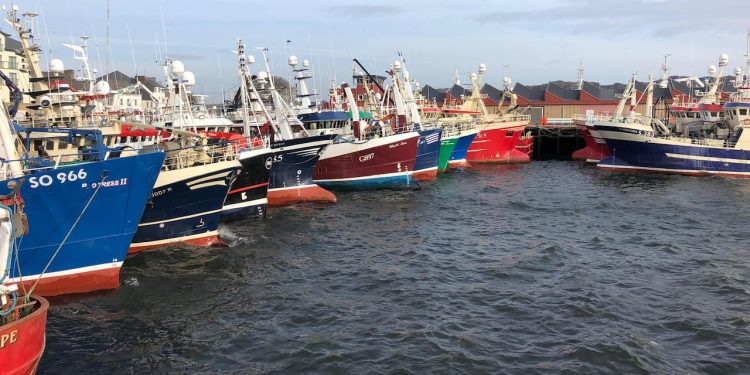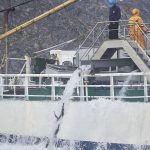Relative stability has been a cornerstone of the management of EU fisheries – but the EU Commission has cast aside this ‘fair’ method of allocating quotas in concluding a Brexit agreement that disproportionately disadvantaged Ireland relative to the other remaining EU member states, according to the Irish Fishing & Seafood Alliance (IFSA).
‘There was no regard for burden sharing – and this is a matter that must be urgently addressed,’ said IFSA chairman Cormac Burke, commenting that how Ireland ended up being the hardest hit of any EU fishing nation is a question that continues to shock and baffle the Irish seafood industry, and this is an outcome that Irish industry representatives are refusing to take lying down.
‘Relative stability has always been seen as a reasonable and fair method of ensuring a sustainable fishing industry for each Member State,’ he said.
‘That is until the Brexit negotiations and the EU’s complete disregard for ‘burden sharing’ resulted in new reduced quotas (without the UK) for Ireland (in its own waters) to take the biggest hit of any other EU Member State.’
He added that the EU Commission’s own website officially states referring to relative stability that “transparent and objective criteria” must be applied to and by all Member States.
‘I don’t think it’s any exaggeration to say that in Ireland’s case, the impact of Brexit and that of the EU Commission’s decisions have been neither transparent nor objective,’Cormac Burke said.
‘Pardon the pun but I think that the scales of justice were intentionally weighted very heavily against Ireland in this case. What has been foisted upon us is simply not acceptable to a seafaring nation with a fishing and seafood industry which should be thriving but is now struggling under the burden of EU decisions.’









